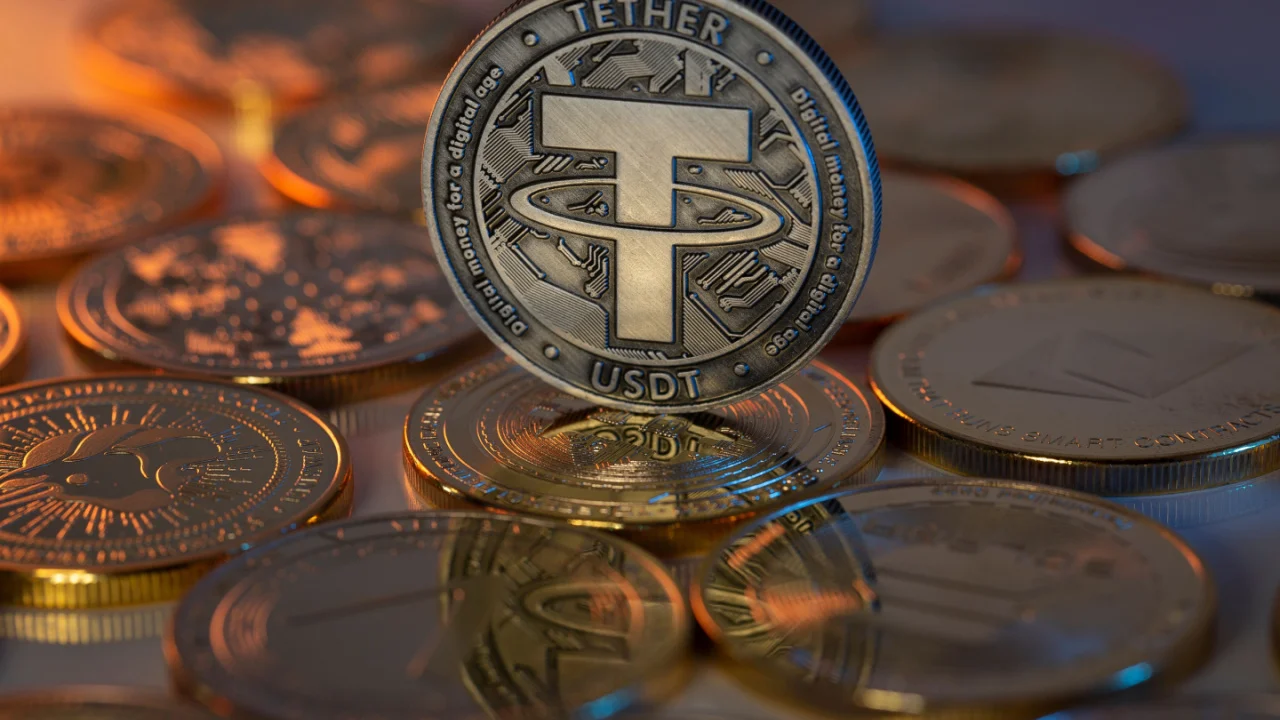|
Getting your Trinity Audio player ready...
|
Hong Kong’s ambition to become a hub for digital assets took a step forward on June 1st when the Securities and Futures Commission (SFC) revealed a list of 11 cryptocurrency exchanges nearing licensing approval. This includes well-known names like Crypto.com and Bullish, alongside HKbitEX, PantherTrade, and others. If successful, these applicants would join OSL Exchange and HashKey as the only licensed crypto exchanges in Hong Kong.
However, there’s a caveat. The SFC emphasizes that these exchanges are “deemed to be licensed,” not formally licensed yet. Investors are urged to exercise caution, as these platforms might not receive final approval and could be forced to shut down operations in Hong Kong.
This cautious approach reflects Hong Kong’s tightrope walk. Over the past year, the city has actively pursued a dual role: fostering innovation in digital assets while safeguarding investors and preventing financial crimes. The SFC’s strict regulations, designed for this purpose, seem to be a double-edged sword.
While some hail them for promoting stability, others criticize them for creating significant barriers for major exchanges. Reports suggest the SFC has barred applicants from serving mainland Chinese users, mirroring China’s own crypto ban. These stringent requirements have led industry giants like Binance and OKX to withdraw their applications entirely.
These withdrawals raise questions about the effectiveness of the SFC’s licensing process. Hong Kong legislator David Chiu voiced concerns about the city’s ability to become a financial innovation hub with such restrictions. He argues that the new system, heavily influenced by traditional financial regulations, stifles the inherently innovative nature of Web3 technologies.
Also Read: US Stalls on Ethereum ETF Staking, Will Hong Kong Steal the Show with Passive Income Potential?
The industry’s response to this challenge will be crucial. Can Hong Kong strike a balance between attracting major players and maintaining its regulatory rigor? Only time will tell if the city can truly become the Asia-Pacific’s premier destination for cryptocurrency.
Disclaimer: The information in this article is for general purposes only and does not constitute financial advice. The author’s views are personal and may not reflect the views of Chain Affairs. Before making any investment decisions, you should always conduct your own research. Chain Affairs is not responsible for any financial losses.
With a keen eye on the latest trends and developments in the crypto space, I’m dedicated to providing readers with unbiased and insightful coverage of the market. My goal is to help people understand the nuances of cryptocurrencies and make sound investment decisions. I believe that crypto has the potential to revolutionize the way we think about money and finance, and I’m excited to be a part of this unfolding story.




